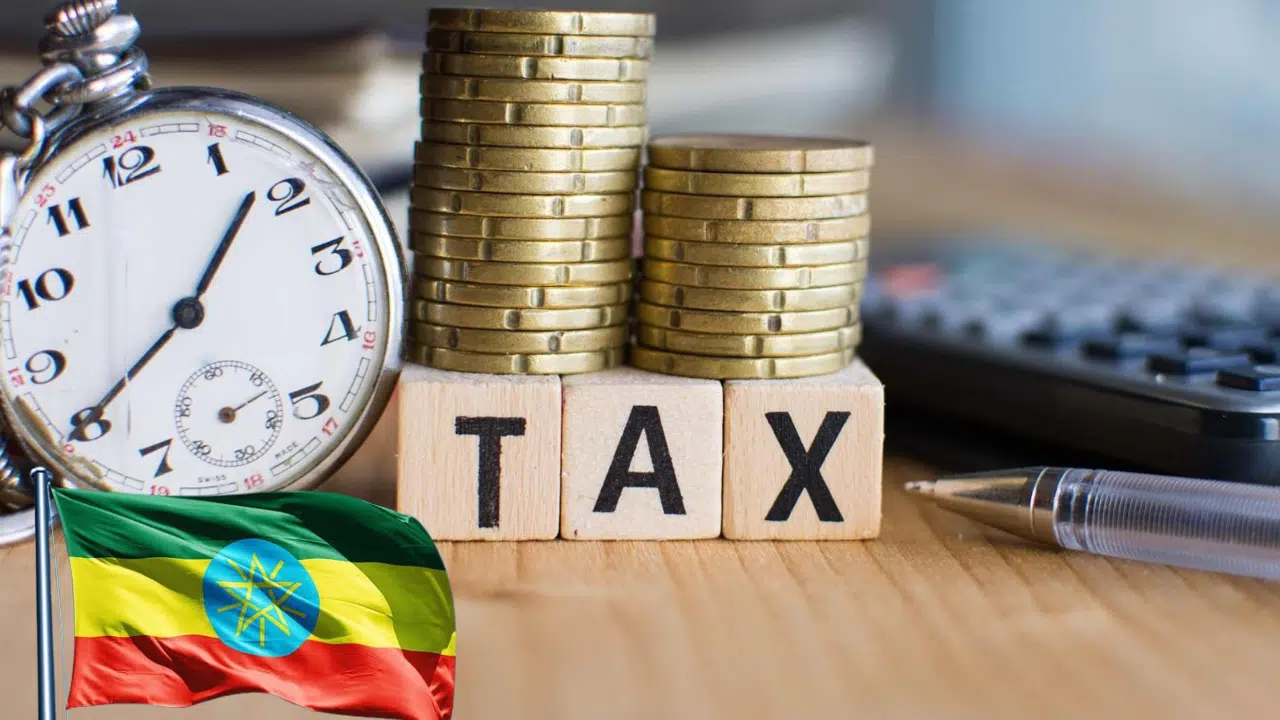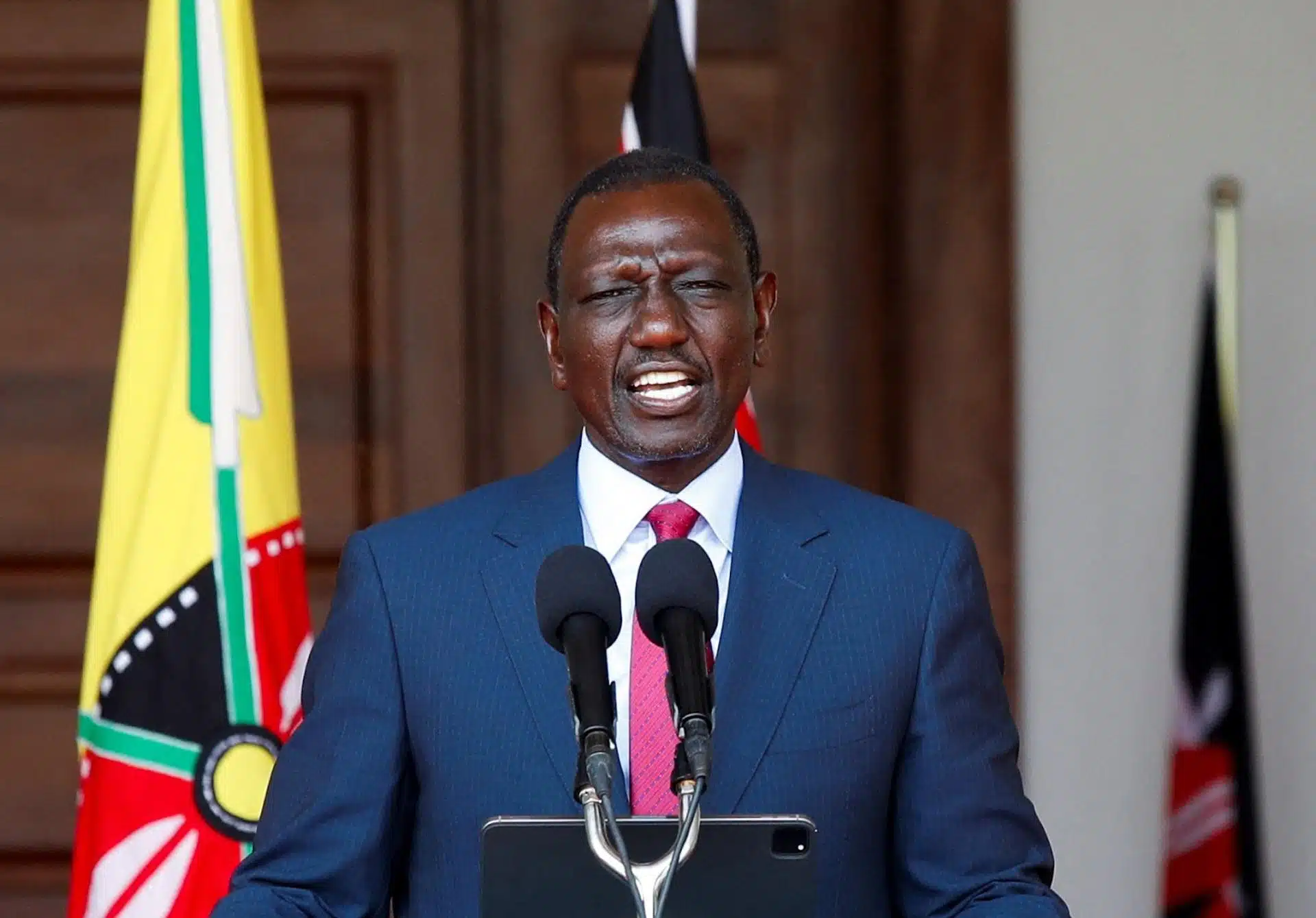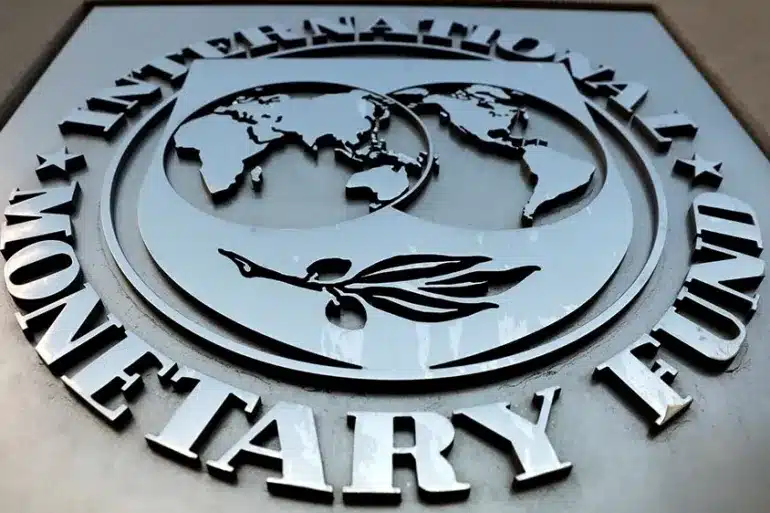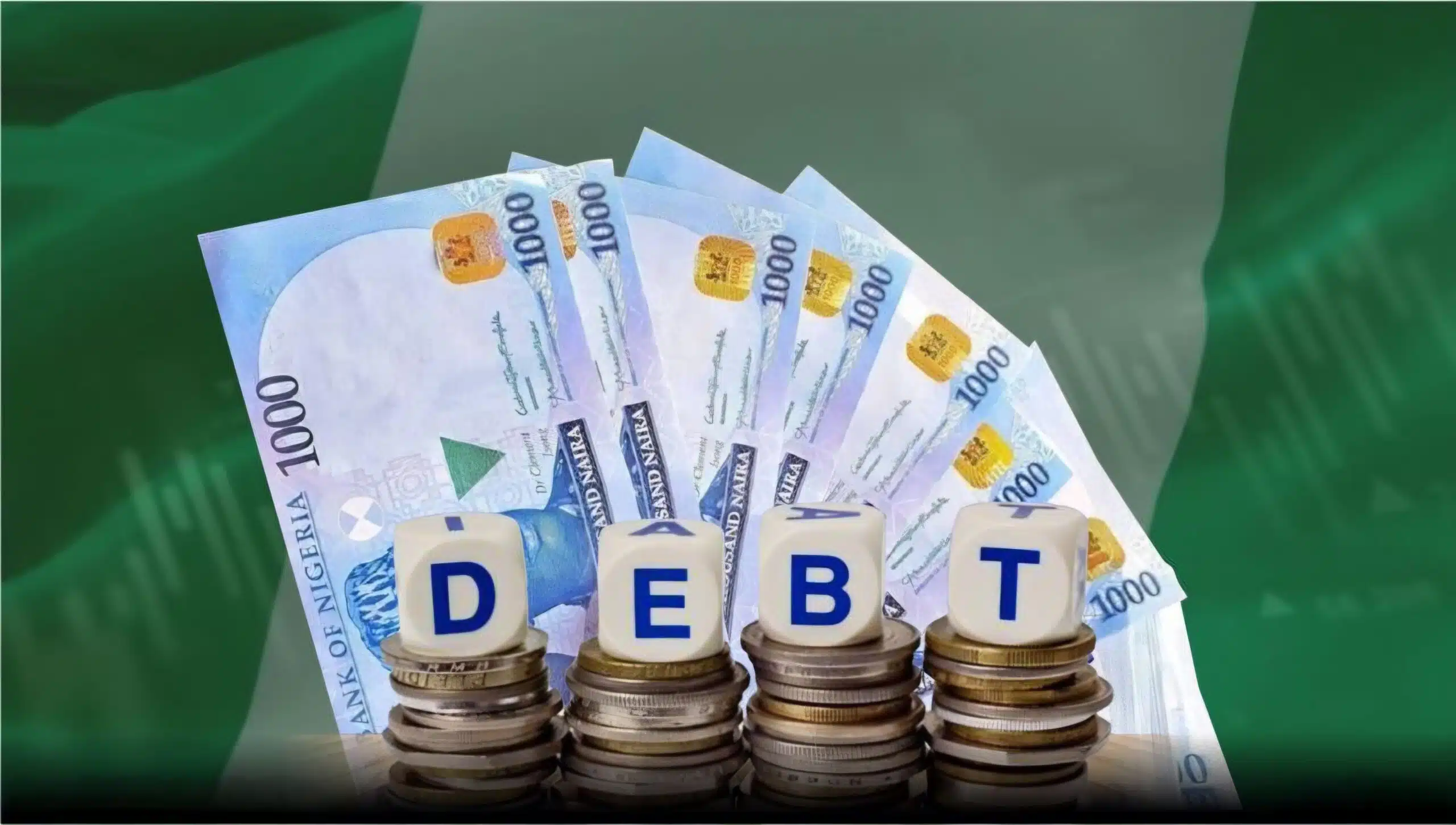Ethiopia is seeking to raise $7.3 billion in domestic tax revenue to fund its largest-ever budget of $14.2 billion for the 2025 fiscal year, which begins on July 8.
Finance Minister Ahmed Shide disclosed the figures on Tuesday during his budget presentation to the House of People’s Representatives.
The projected tax receipts will finance 52% — more than half —of government spending, while the balance will be covered through $1.7 billion in development partner support and treasury bill sales.
Shide was clear that the government would not resort to direct borrowing from the central bank to finance its expenditure, a policy designed to safeguard monetary stability.
“Attention has been paid to covering government expenditure with national income by following a strict monetary and fiscal policy,” Shide said. “This will help stabilize inflation and implement effective budget utilisation.”
The 2025 budget, approved by the Council of Ministers last week and now before parliament for final approval, marks a 20 percent increase over the previous year’s plan.
Of the total, $8.8 billion will go to recurrent spending, $3 billion to capital projects, and $2.3 billion in intergovernmental transfers to regional administrations.
An additional $103 million is earmarked for advancing the United Nations Sustainable Development Goals at the regional level.
Shide said the budget proposal aligns with the government’s commitment to reduce the fiscal deficit to 2.2 of GDP on a gross basis, and one percent on a net basis.
VAT hike, fuel and vehicle taxes loom
As part of a broader fiscal consolidation push, the Ethiopian government is introducing a series of new tax measures targeting fuel and vehicle usage.
These include a 15% value-added tax (VAT), a 15% excise duty on fuel, and a new circulation tax on motor vehicles, particularly fuel-powered ones.
While the Ministry of Finance has not confirmed when the new taxes will take effect, officials say the reforms are intended to modernise the tax system and expand the domestic tax base.
The East African nation has one of the lowest tax-to-GDP ratios in Sub-Saharan Africa, estimated at under 10% by the World Bank.
Shide, defending the proposed levies to lawmakers earlier in the week, argued that tax revenues are not keeping pace with the country’s economic growth.
“The growth of tax revenue is not matching the growth of GDP,” he said. “The fuel tax is not for profit — it will be used to sustain the fuel subsidy and reduce the burden on the treasury.”
The move comes amid ongoing efforts to phase out a longstanding and costly fuel subsidy regime.
Though reforms began in 2022, the government has retained partial subsidies in response to rising inflation, recorded at 13%year-on-year in May.
Critics have raised concerns over the timing and impact of the new taxes.
“On one hand, the government says it is subsidising fuel. On the other, it is imposing new taxes,” opposition MP Desalegn Chane (PhD) said during the parliamentary session. “Why don’t you just stop the subsidy and stop collecting the taxes?”
Despite the backlash, economists argue the reforms are fiscally necessary.
“The government is boxed in. Borrowing is limited, grants are shrinking, and printing money risks further inflation. Domestic revenue is the only lever they have left,” said a former central banker.











